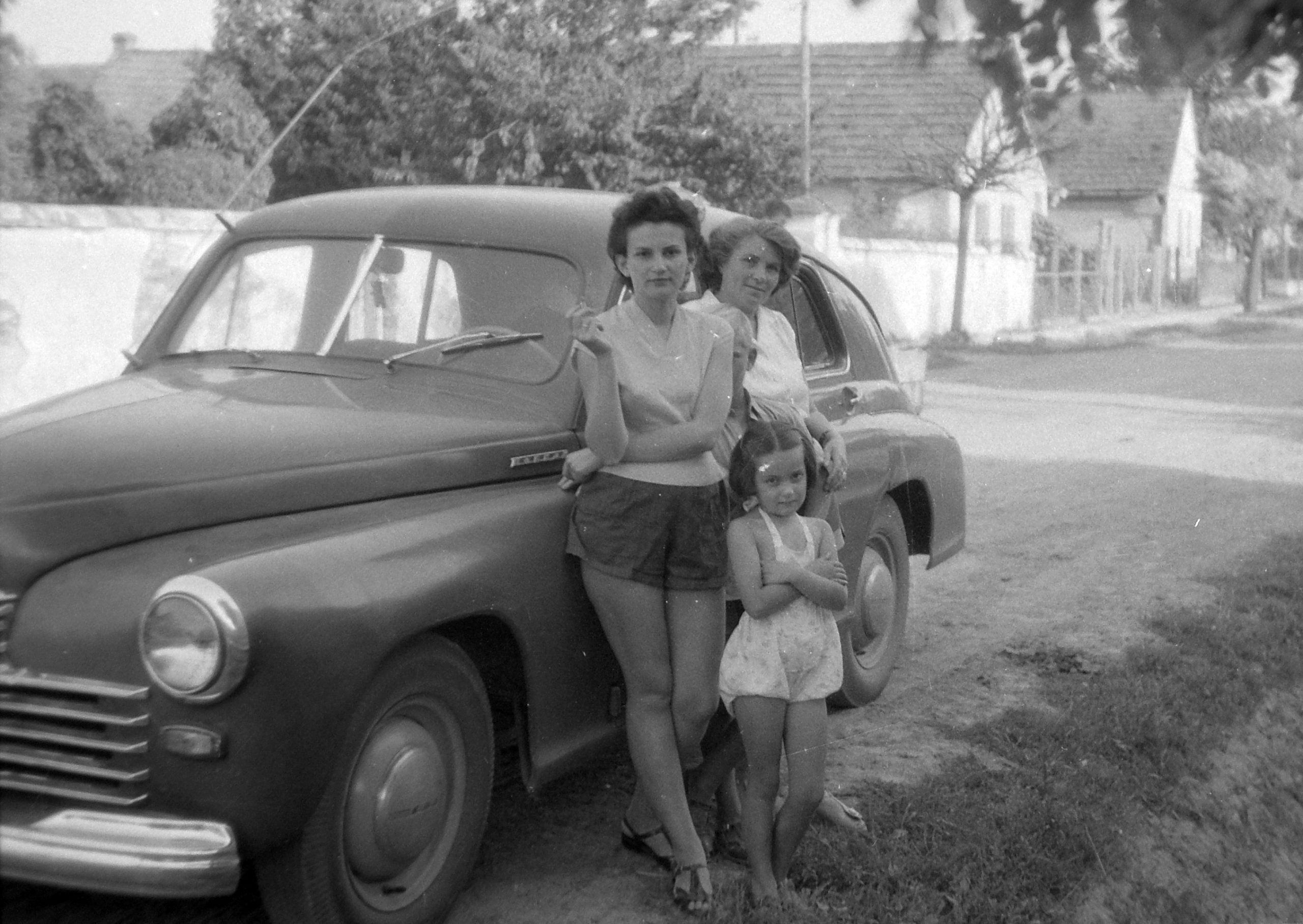The 100th anniversary of the Russian Revolution has brought with it much whitewashing of history. Perhaps the most absurd example of this whitewashing is a New York Times piece claiming that women in the Communist bloc “enjoyed many rights and privileges unknown in liberal democracies at the time.”
The reality of centrally planned economics is shockingly sexist, no matter how much lip service was paid to gender equality. When there is no market incentive to fulfill human needs, it is women’s needs that are forgotten first.
Communist factories failed to manufacture even the most basic items for women. “In all these years, communism has not been able to produce a simple sanitary napkin, a bare necessity for women,” writes Slavenka Draculić. In How We Survived Communism and Even Laughed, she chronicles the everyday indignities suffered by women in Hungary, Poland, Czechoslovakia, Bulgaria, East Germany and her native Yugoslavia. Ordinary women’s sanitary products became sought-after items on the black market and most women made do with improvised substitutes.
The economic planners diverted resources away from producing anything considered feminine, and therefore frivolous and bourgeois. As Draculić puts it, in “central plans made by men, of course there was no place for such trivia as cosmetics.” Women often sewed their own clothes or improvised beauty products from kitchen items, even though anyone who looked too nice was “subject to suspicion, sometimes even investigation.”
Most women owned identical clothes because stores offered no variety. At one point, it seemed like half of the women in Warsaw had spontaneously opted to dye their hair the same garish shade of red. It was the only dye the chemical factories produced. Whether in Warsaw, Budapest, Prague, Sofia or East Berlin, women shared the same complaint: “There are no deodorants, perfumes, sometimes even no soap or toothpaste… Worst of all, there are no sanitary napkins. What can one say except that it is humiliating?”
Communist women were expected both to work outside the home and to do all the housework as well. (Engels thought it was “insane” for men to do chores; homemaking “unsexes the man”). As managers of the household, women felt the shortages’ sting first and it fell to them to find substitutes for everyday goods. There was a severe lack of food, baby formula, housing, and just about everything else.
The state provided housing by repeatedly dividing up existing apartments and assigning strangers to live together in ever-shrinking spaces, as described in Joseph Brodsky’s essay, “In a Room and a Half.” Bathrooms could double as kitchens (shared by multiple families) and crawl-spaces could count as bedrooms sleeping multiple people. The state provided childcare, but the waiting list was often long. The state guaranteed women jobs, but there could be a shortage of those too. In Yugoslavia the average wait time for a job was three years.
In the 1950s, Yugoslavia’s government planners declared toilet paper to be an unnecessary luxury item and commanded that factories stop producing it. For years the people made do with newspapers (shortages never slowed the printing of propaganda). Other declared “luxuries” included women’s hats, gloves, washing powder, children’s toys, milk, and meat. “The general rule was that anything at any time could be proclaimed a luxury,” notes Draculić. Anything for women was particularly at risk.
An American visiting the Communist Bloc in the 1980s would be aghast to find most women still doing laundry the way they had in the United States 50 years prior, without washing machines. Throughout the Communist Bloc countries, women often soaked clothes in metal tubs, scrubbed them bent over the tubs’ rims using washboards, then boiled them on stovetops, stirring the clothes with long spoons.
The elaborate ritual took up a whole day each weekend, and left their hands swollen, cracked and covered in sores. There were no rubber gloves to protect their skin – the economic planners saw no need to sell any. The male planners had likely never done the “women’s work” of laundry.
Shortages of laundry detergent were endemic throughout the communist countries. A woman in Sofia told Draculić, “When I find it, I buy two or three big boxes. You can never be sure when it will appear again.” She had never even heard of a clothes dryer. Of course, even if there had been washing machines and dryers, the frequent electricity outages would have made them unreliable.
The communist system didn’t produce machines to make women’s lives easier for the same reason it neglected their other needs and wants. For all the complaints about the profit motive, markets incentivize people to satisfy each other’s preferences through voluntary exchange, while state-run economies provide no such incentive. There is no shortage of soaring communist rhetoric on gender equality, but that cannot make up for the pervasive and sexist shortages under central planning.
This first appeared in CapX.

